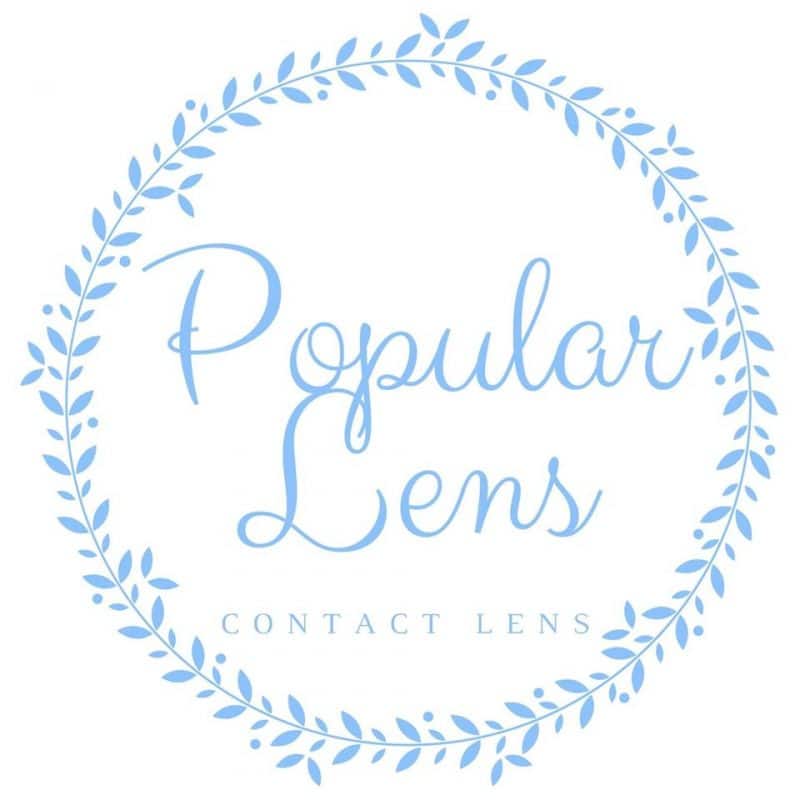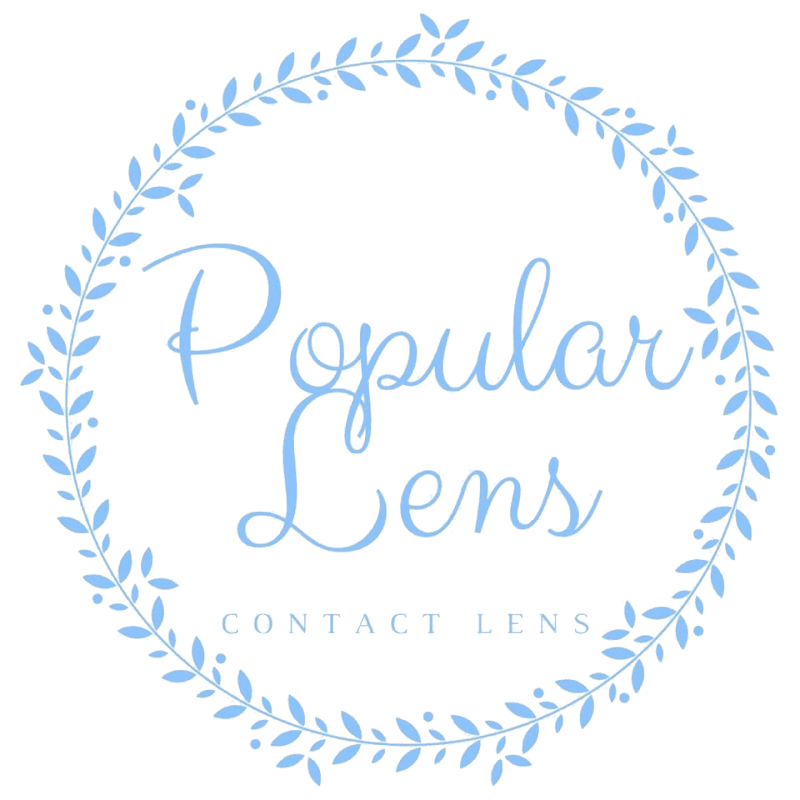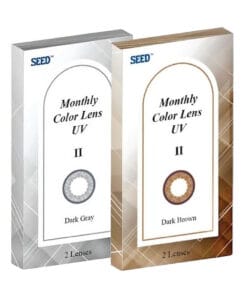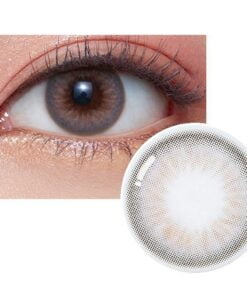Lifestyle
Determining Lens: 4 Important Ways To Make A Right Choice
Determining lens that best fits your needs, wants and aesthetics is something that users, new or old, need to pay attention to. Here are 4 important ways to make a right choice when it comes to determining the best lens for you.
Determining Lens #1: Knowing Your Vision Requirements

Understanding your vision needs is important when determining the best type of vision correction for you. Different vision problems require special lenses to correct them. For example, if your concern is nearsightedness or farsightedness, lenses that help you see distant objects are important. On the other hand, hyperopia or farsightedness requires lenses that improve these vision concerns.
Astigmatism due to the irregularity of the eye requires the use of toric lenses — which are specially designed to fit the shape of the eye and guarantee vision. Multifocal lenses can be the best choice for people with presbyopia which often occurs with aging and affects the ability to focus on near objects. These lenses have different elements that are important when it comes to near, intermediate and farsightedness — providing solutions that can help you with your vision needs.
Additionally, it is important to understand whether you need single vision lenses or multi-vision lenses based on your daily activities. For people who frequently change jobs that require different vision requirements, multifocal lenses can correct vision without switching between different types of lenses.
Additionally, if you have vision problems such as dry eyes, choosing contact lenses that retain moisture can improve comfort and vision. Finally, understanding your vision needs is more than knowing your prescription — it includes determining how your eyes respond to different situations, your activities, your life and many other aspects By understanding these things, you can choose lenses that not only help correct your vision but also suit your daily activities and hobbies.
Determining Lens #2: Daily Habits And Necessities

When deciding on the best type of contact lens, lifestyle considerations are important in making the right choice. For people who live an active life such as athletes or those who spend a lot of time outdoors, daily contact lenses are the best option. They offer the availability of new lenses every day with a low risk of contamination from dirt, sweat and environmental factors.
On the other hand, those who sit in front of the screen for a long time can benefit from lenses designed to reduce eye strain and retain moisture such as lenses with large oxygen absorption and lenses containing moisture. Travellers may prefer long-term use lenses which can be worn for days or weeks and are easy and convenient to bring along while requiring minimal lens care. However, these lenses must be kept clean and hygienic to avoid eye infections. Also, for people with dry or sensitive eyes, lenses made from materials that retain moisture and increase comfort such as silicone hydrogel lenses are great.
-
 SEED Monthly Color Lens UV II Cosmetic Contact Lenses21.82USD
SEED Monthly Color Lens UV II Cosmetic Contact Lenses21.82USD -
 MaxVUE Airsoft Multifocal Monthly Disposable Contact Lenses52.73USD
MaxVUE Airsoft Multifocal Monthly Disposable Contact Lenses52.73USD -
 FreshKon 1-Day Charmante Colors Lenses30.00USD
FreshKon 1-Day Charmante Colors Lenses30.00USD -
 FreshKon All Day O2xy Colour Monthly24.55USD
FreshKon All Day O2xy Colour Monthly24.55USD -
 FreshKon 1-Day All Day O2xy Colour26.36USD
FreshKon 1-Day All Day O2xy Colour26.36USD -
Product on sale
 Olens 1Day French Gold 3con Gray Daily Coloured Lenses46.18USD
Olens 1Day French Gold 3con Gray Daily Coloured Lenses46.18USD
Those who are looking to change their eye colour with lenses can choose coloured lenses — they come either without any power or correcting elements or suited for vision correction. Finally, lifestyle factors such as budget and ease of use cannot be ignored as each lens comes with a different price point based on their functions as well as the length of use. Ultimately, understanding a person’s daily routine and personal preferences in lens selection is the key to finding the perfect and optimal lens type.
Determining Lens #3: Budget And Financial Requirements

When deciding on the best type of contact lens, price plays a big part in the decision. The cost of contact lenses varies depending on the type, brand and how often they need to be replaced. Daily disposable contact lenses, while convenient and hygienic, tend to be more expensive over time compared to disposable lenses. These single-use contact lenses eliminate the need for cleaning and increase the cost per unit — especially for daily contact lens users.
On the other hand, lenses that can be used for extended periods of time are useful for long-term wearers. Although they require an initial investment to clear health and safety cases, their cheap replacements can save money in the long run. In addition, special lenses such as toric lenses for astigmatism or multifocal lenses for presbyopia often come at a price due to their design and performance — which can be a huge factor when it comes to budgeting.
It is also important to consider paying for a professional eye exam and proper appointment, which is important to ensure that the contact lenses you choose are good for your eyes and your vision. For those on a tight budget, researching on quality lenses and properly surveying brands may be an option as it gives you the room to opt and try out ones that may be more affordable.
Ultimately, it is important to balance cost with comfort, eye health and lifestyle needs to determine the best type of contact lenses. By carefully considering these factors, you can find solutions that meets your vision and financial plans.
Determining Lens #4: Consulting An Ophthalmologist

A consultation with your eye doctor is important in choosing the best type of contact lens for your specific needs. An ophthalmologist helps provide a comprehensive evaluation to ensure that you choose contact lenses that meet your specific needs and eye health. During your consultation, your eye doctor will perform a detailed eye examination — not only for your nearsightedness, farsightedness or astigmatism but also for your overall eye health. This comprehensive evaluation helps identify any underlying conditions such as dry eye or corneal abnormalities, that may affect the type of lenses that are right for you.
In addition, your eye doctor can provide helpful information about the types of contact lenses available including soft contact lenses and specialty lenses such as toric or multifocal lenses. They can recommend the right material for your lifestyle — whether you need daily contact lenses for comfort or monthly lenses for long-term use. Personal advice ensures that you get lenses that provide the best comfort and adjustment and minimise the risk of side effects such as infection or dryness.
In addition to providing practical advice, the eye doctor is able to offer advice on the care and maintenance of your contact lenses, which helps increase your comfort and safety. By tailoring their recommendations to your specific eye needs, your eye doctor ensures you make the right decision — leading to a more personalised experience. A consultation with an eye doctor not only helps you choose the right contact lenses, but supports your long-term eye health and vision.

We are a company of optometrists & opticians. We focus on providing our customers with their preferred optical products to improve visual acuity and enhance their quality of life. At PopularLens, you will find niche and exclusive brands.
 Free Shipping within SG With Order Over $80
Free Shipping within SG With Order Over $80 Lowest Price Guarantee
Lowest Price Guarantee






